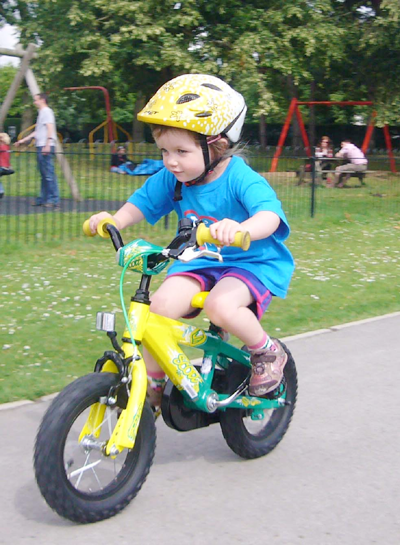

Obesity or Malnutrition have become two common types of problems even with Children these days. Healthy eating is not enough to conquer obesity. Kids can get exercise from playing outdoors and being physically active (riding cycles and playing about). They get added exercise when they take Physical Education classes at school or join a basketball or football team or a dance class. Parents should not cultivate this thought in children that attending extra curricular activities spoils grades in studies.
TV, Videogames, Computers, Laptops and Tablets are encouraging the couch-potato syndrome in children. They stick to these gadgets and get entertained but infact, they are loosing their health at a very early stage in life. Even the little ones, aged 9 months-1 year+ are watching video games and cartoons on these gadgets. This clearly shows that parents are simply giving in, and are encouraging these activities. The American Academy of Pediatrics suggests that infants or young children should not be inactive for prolonged periods of time (no more than 1 hour during their awake-time), and school-age children should not be inactive for more than 2 hours at a time.
Again, parents lead the way with own examples. The children see their parents stick to these gadgets and tend to follow the same. If the same parent follows some good health activities, the child learns the same. Problem is, peer pressure has increased alot, every family is comparing their child's ability to use these gadgets as smartness and techno-pro IQ with another child. Even if not necessary at a young age, parents are introducing tablets to infants too just to cope with this competition, which is healthy according to them. However, there are some new video games like Wii that are family friendly and bring in the physical activity games indoors for the whole family. some activities develop self-defense mechanisms in a child like Karate, Kung-fu...enrolling a child there is also a better option which serves as 2-in-1.
Below is the age-appropriate minimum daily requirement of physical activity to stay fit.
Infant: No specific minimum requirement as their body is not fully ready even for any movement, and at later months, they are busy enough and at a maximum limit.
Toddler: One and half hours daily-- 30 minutes planned physical activity and 60 minutes unstructured physical activity (free play).
Preschooler: 2 hours daily--60 minutes planned activity and 60 minutes free play. Prefer to enroll child in schools that offer planned physical activity (PE) training or free play sessions.
School age: 1 hour or more daily-- break up into bouts of 15 minutes or more of any physical activity. Prefer to enroll child in schools that offer planned physical activity (PE) training or free play sessions.




.webp)